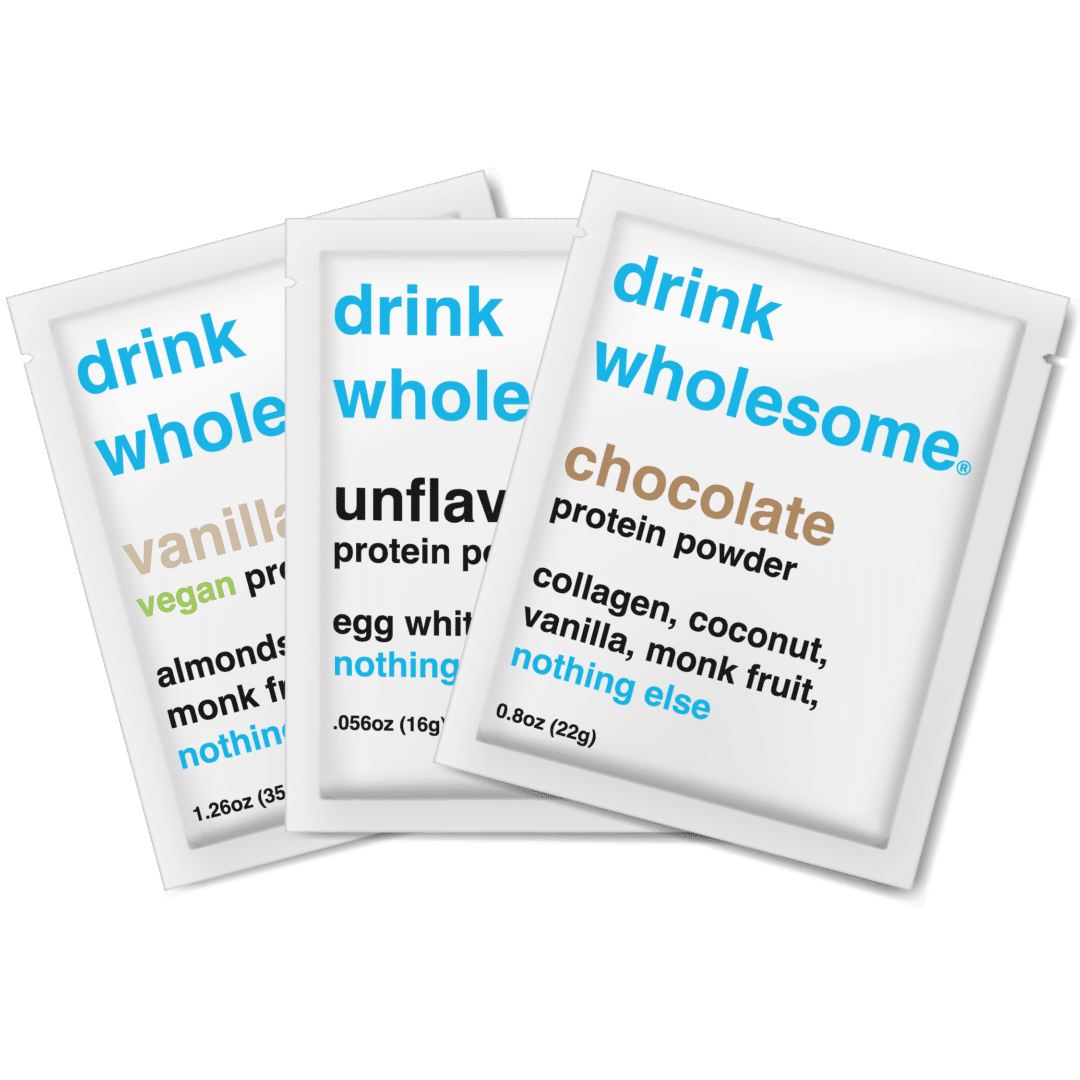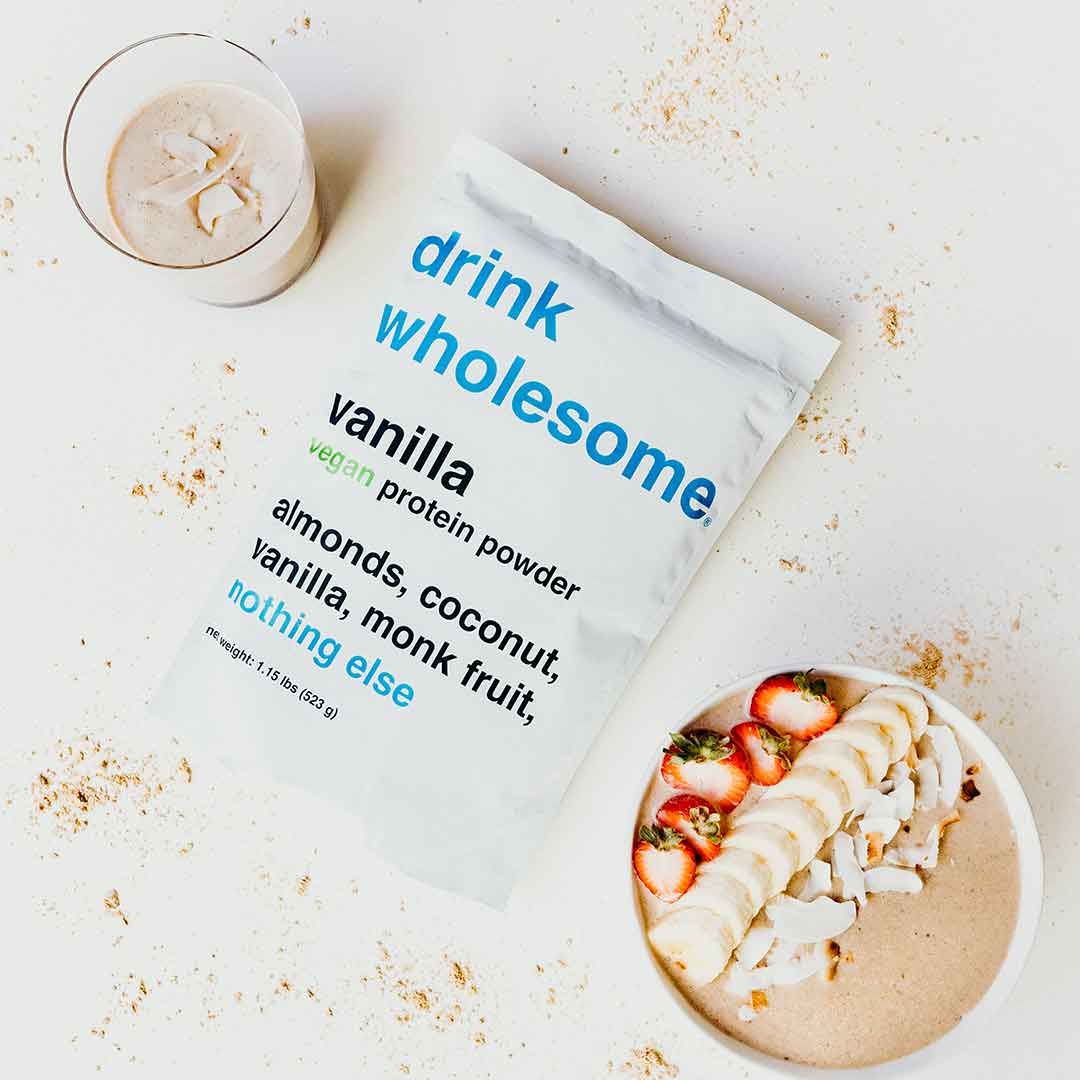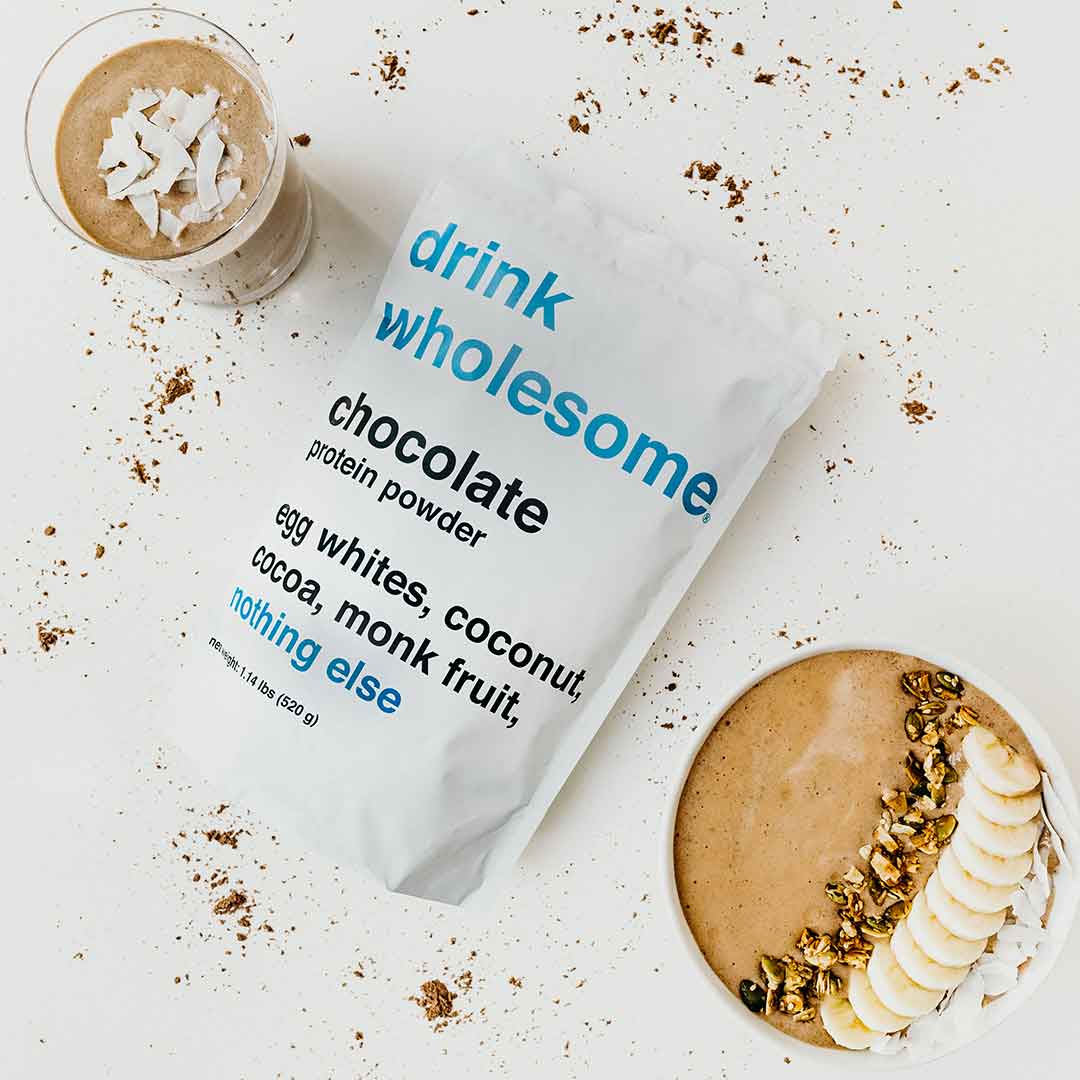drink wholesome is the best anti-inflammatory protein powder.
Written by Jack Schrupp & endorsed by Baylee Reller, RDN
What is inflammation?
Inflammation is the response of the immune system to pathogens and tissue injury. There are two types of inflammation: acute and chronic. Acute inflammation occurs when you get sick or injured. If you stub your toe, for example, your immune system will dispatch an army of white blood cells to protect the injured tissue, causing visible redness and swelling. This is a normal, healthy inflammatory response, and without it injuries would be more serious, or even fatal.
Chronic inflammation, on the other hand, is not normal nor healthy. It occurs when the immune response lingers, and can cause white blood cells to attack healthy tissues and organs. Chronic inflammation is known to play a significant role in the pathophysiology of numerous chronic diseases, such as cardiovascular disease, type 2 diabetes mellitus, and cancer.
Making changes to your diet is one of the best ways to reduce chronic inflammation and the risk of chronic disease. Some people adopt the anti-inflammatory diet, which favors fruits, vegetables, whole grains, healthy fats, and lean protein. It also discourages or limits the consumption of processed foods, red meats, and alcohol. Some people also choose to eat a diet high in foods with anti-inflammatory properties (food shown to modify the inflammation response in the body).












